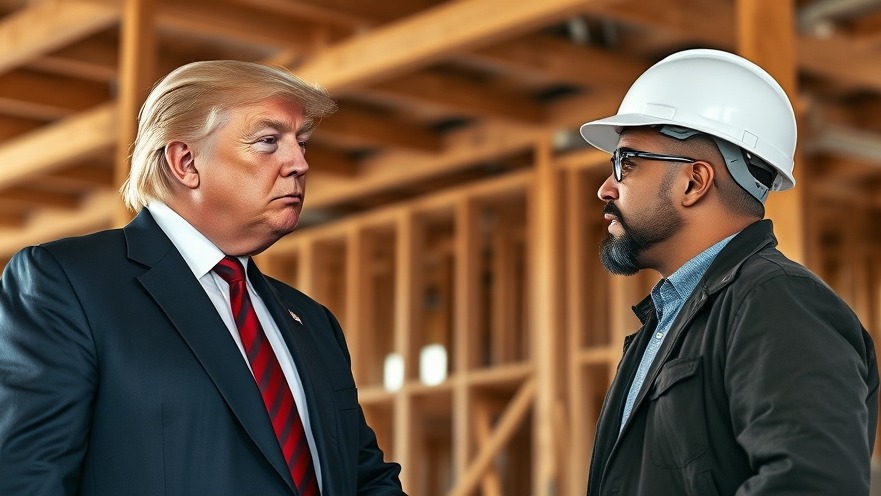
The Unearthing of History at the Tower of London
In a remarkable archaeological dig at the Tower of London, experts have unearthed skeletons believed to date back to the time of the Black Death. This excavation marks the first of its kind in three decades for this iconic site and holds profound implications for understanding the impact of one of history's most devastating pandemics.
A Glimpse into the Past: The Black Death's Footprint
The Black Death ravaged Europe in the 14th century, claiming an estimated 25 million lives and forever altering society. The Tower of London, already steeped in history, served as a key location during this era. The findings of this excavation—skeletal remains buried in what were likely mass graves—may only be “the tip of the iceberg,” as noted by archaeologists on site. This expression not only conveys the vastness of untold stories beneath our feet but also hints at a much larger scope of historical questions waiting to be explored.
Significance of the Discovery
These findings are crucial not only for historical understanding but also for the ongoing discourse surrounding public health and pandemics. The Tower of London has long been a symbol of strength and resilience, but it also stands as a stark reminder of the past’s fragility in the face of disease. The excavation will not only add to the historical narrative but may also yield insights pertinent to contemporary society's responses to diseases, especially in our current era navigating similar challenges.
What Does This Mean for Archaeology and Tourism?
This discovery evokes a renewed interest in heritage sites and historical narratives, likely spurring increased public engagement with both archaeology and history. Increased visitor attendance and international tourism could potentially transform how we preserve and celebrate our shared past. As travelers flock to the Tower of London with the allure of not just its iconic structure but enriched stories of humanity's resilience, the exchange between past and present can begin to unfold.
Potential Future Insights from the Excavations
The initial findings represent just the beginning; experts speculate that further excavations could unveil more information about the demographics of the Black Death's victims. Were they primarily citizens of London? What were their living conditions like? What does this reveal about the social and class structures of the time? These inquiries are critical for reinforcing our understanding of historical pandemics and their social ramifications.
The Emotional Resonance of Discovery
For many, this discovery goes beyond mere historical fact-finding; it offers a connection to the emotional tapestry of loss, survival, and history. Encountering the remnants of lives lost amid a pandemic invites us to not only remember those who were affected but to contemplate our own responses to the crises that shape our present. This archaeological dig at the Tower of London is a somber reminder of the fragility of life and community, echoing into our present experiences of isolation and uncertainty.
Spurring Public Engagement and Awareness
The excavation at the Tower of London challenges us to consider the broader implications of such discoveries. It prompts conversations about how we engage with history and the importance of preserving it for future generations. Public interest in artifacts from our past encourages a deeper appreciation for how our history informs our societal structures today.
The revelations unearthed at the Tower of London not only enliven the narratives of the past but also invite citizens and travelers alike to reflect on their historical significance in contemporary society. As these excavations continue, we must remain engaged with the stories they have yet to tell, understanding that every layer of dirt and debris conceals a lesson waiting to emerge.
As we explore our past, let us maintain our curiosity and dedication to learning; history is not just the story of the few, but of us all. If you wish to keep up with more fascinating news that connects us to our history, be sure to check out our regular updates on national news and historical discoveries.
 Add Element
Add Element  Add Row
Add Row 



Write A Comment